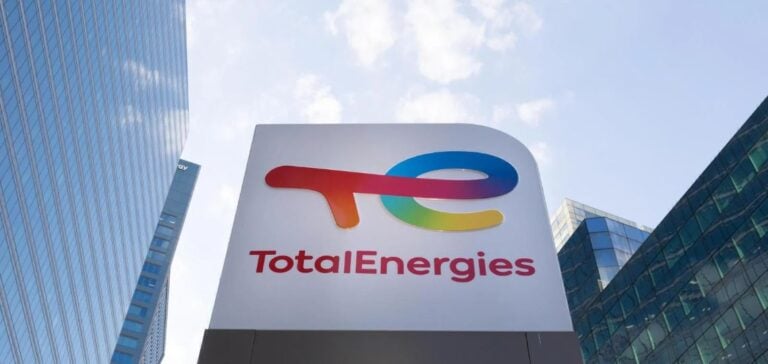The renewable energy sector in Saudi Arabia takes another leap forward with the launch of the 300 MW Rabigh 2 solar project. This project, developed by a consortium formed by TotalEnergies and Aljomaih Energy & Water Company (AEW), is part of the fifth phase of the National Renewable Energy Program (NREP). This strategic initiative aims to diversify the country’s energy sources in alignment with the objectives of Vision 2030.
This partnership was formalized with the signing of a 25-year Power Purchase Agreement (PPA) with the Saudi Power Procurement Company (SPPC). The agreement entrusts the consortium with the responsibility of developing, constructing, owning, and operating the solar power plant, with commissioning expected in 2026 and connection to the Saudi electrical grid.
An Ambitious Energy Transition
The NREP program, overseen by the Ministry of Energy, pursues the ambitious target of achieving an energy mix balanced between natural gas and renewable energy, each contributing 50% by 2030. This strategy reduces the nation’s reliance on liquid fuels for electricity production while reinforcing Saudi Arabia’s commitments to global environmental initiatives.
Patrick Pouyanné, Chairman and CEO of TotalEnergies, expressed his enthusiasm for this project: “This project illustrates our multi-energy strategy to support oil and gas-producing countries in their energy transition.” He also emphasized that this initiative is part of TotalEnergies’ efforts to reduce emissions while increasing its capacity to generate electricity from renewable sources.
A Collaborative Local and Global Effort
Aljomaih Energy & Water Company, a key player in the Saudi market, plays a critical role in the development of this project. Ibrahim Al Jomaih, Chairman of AEW, highlighted the strategic importance of this partnership in supporting Saudi Arabia’s Green Initiative. The company combines its local expertise with the global resources of TotalEnergies to drive the energy transition within the Kingdom.
In addition to Rabigh 2, TotalEnergies continues other initiatives in Saudi Arabia, such as the 119 MW Wadi Al Dawasir solar power plant, which is expected to begin operations in early 2025. These projects reflect the partners’ ongoing commitment to developing sustainable energy solutions.
Positive Economic and Environmental Impacts
The Rabigh 2 project is expected to significantly contribute to local job creation and carbon emissions reduction. By incorporating advanced technologies and setting high standards for construction and operation, the project aims to maximize its positive impact on Saudi Arabia’s economy while accelerating the nation’s energy transition.






















